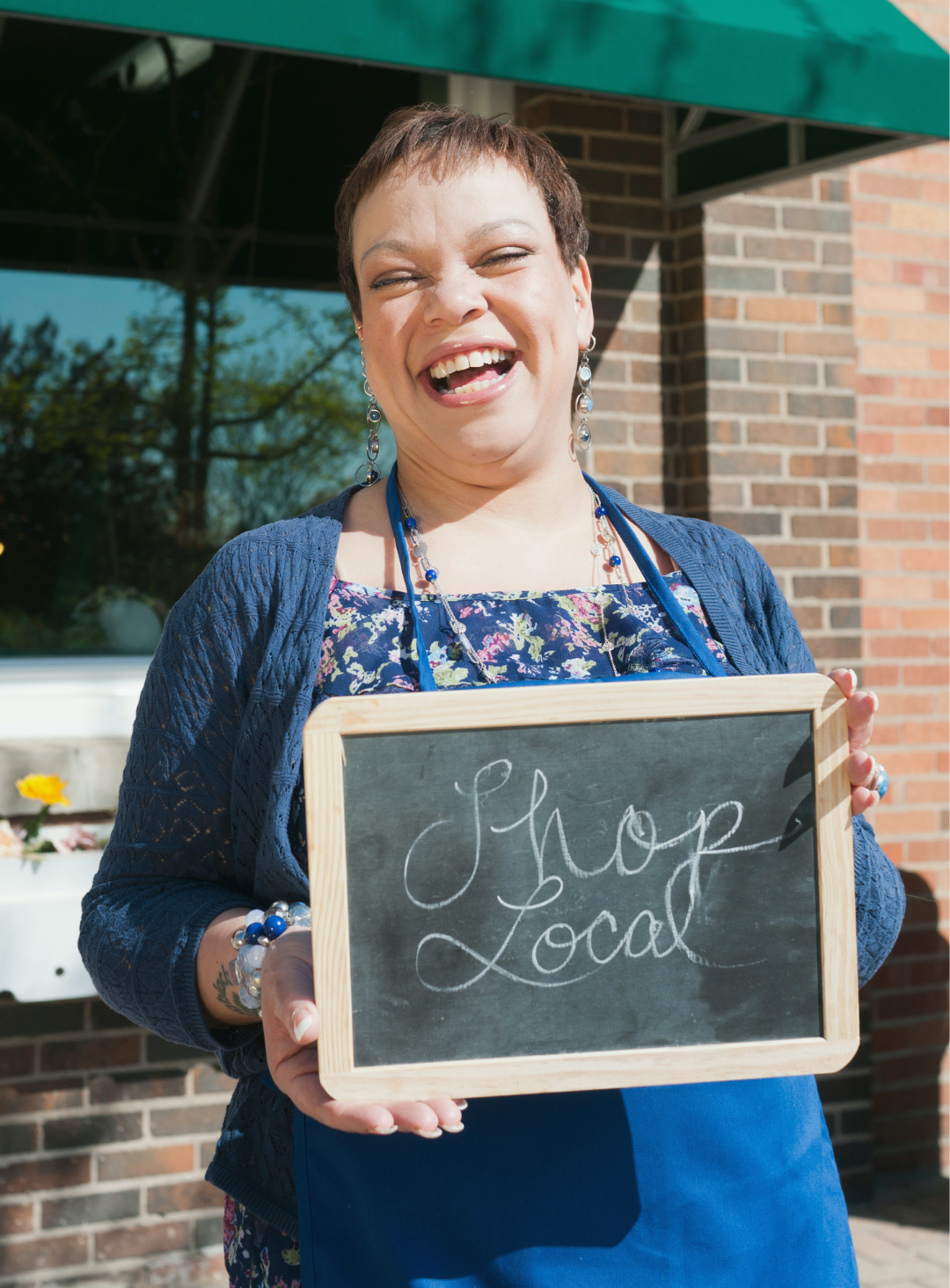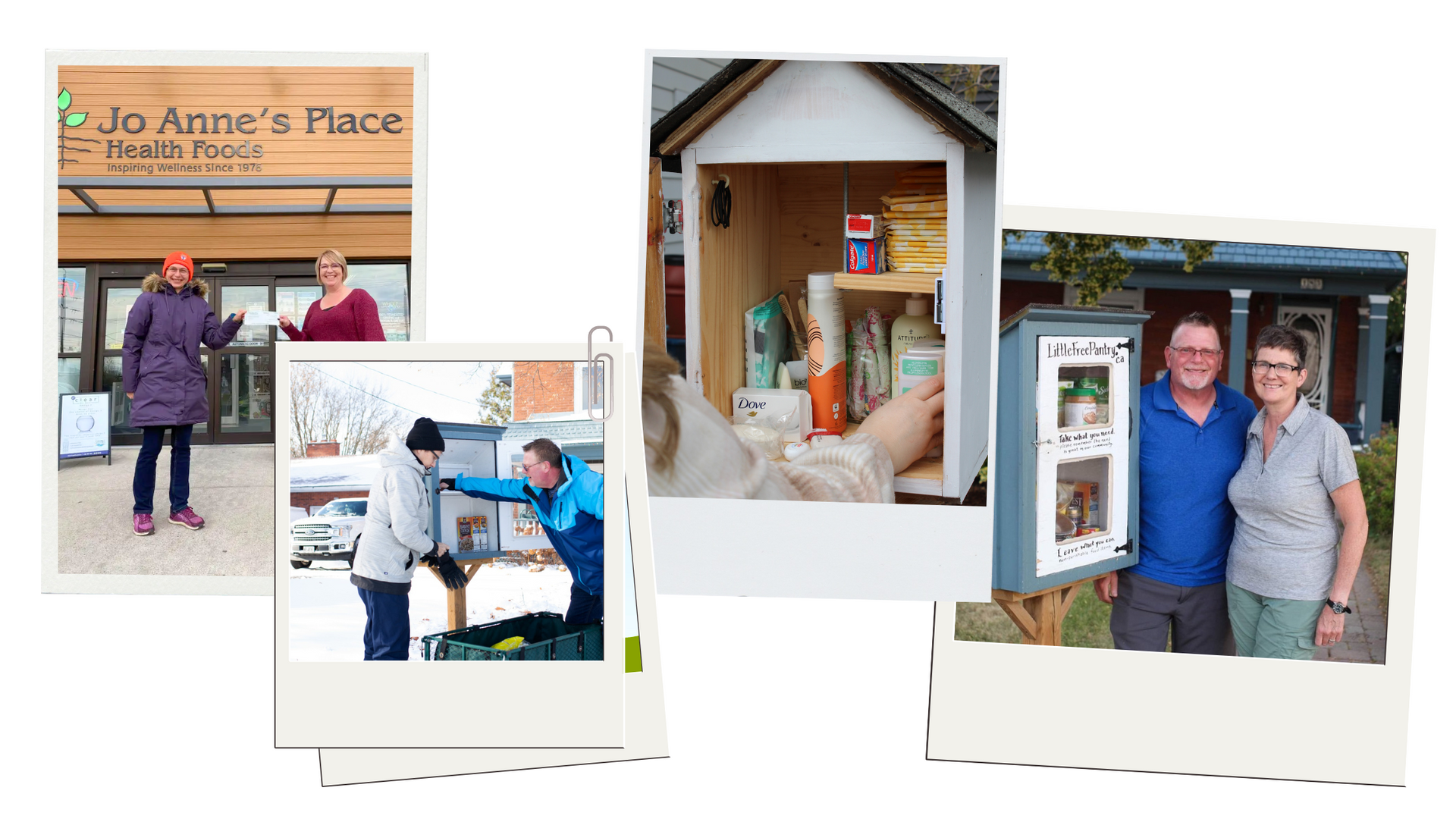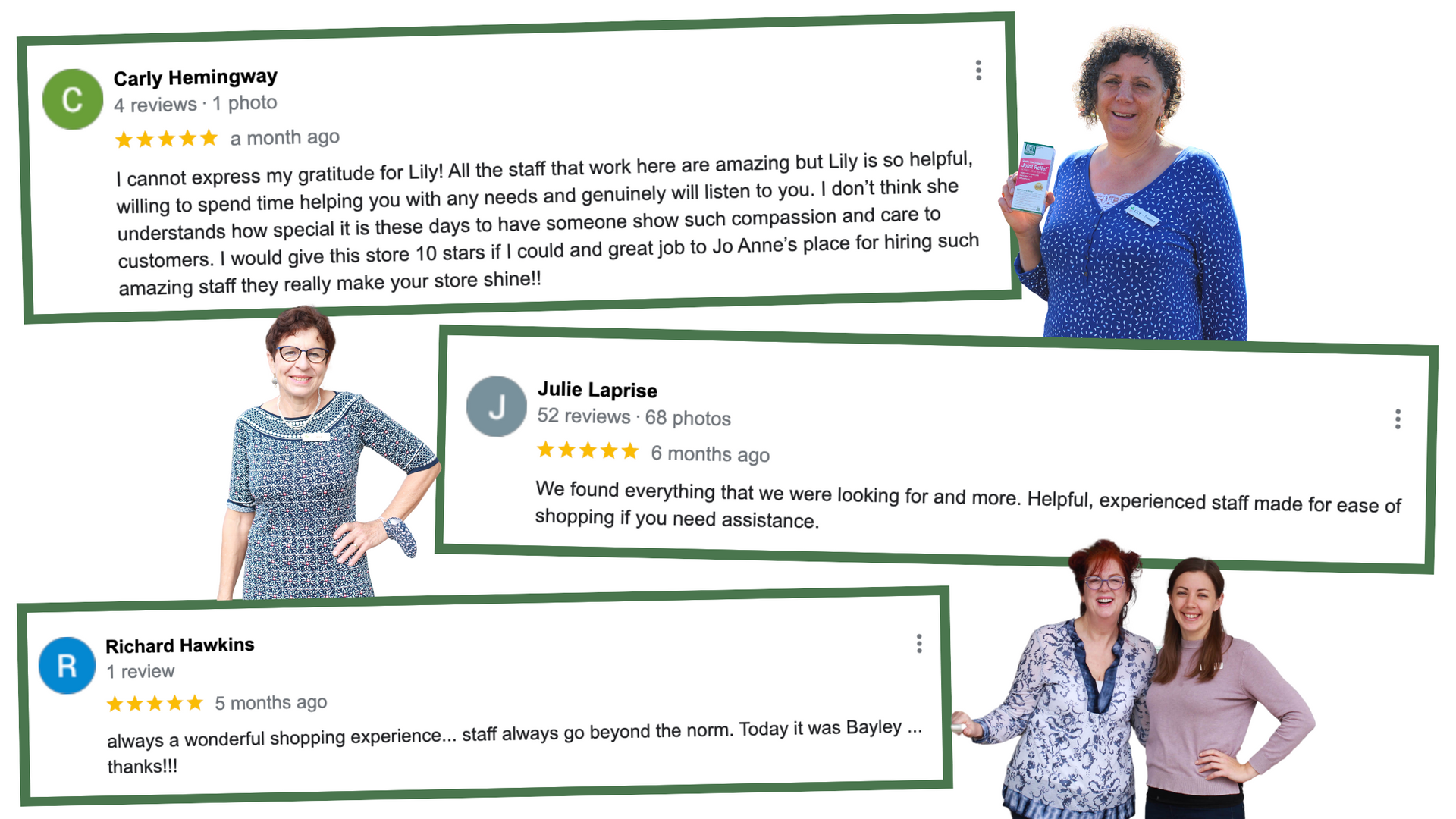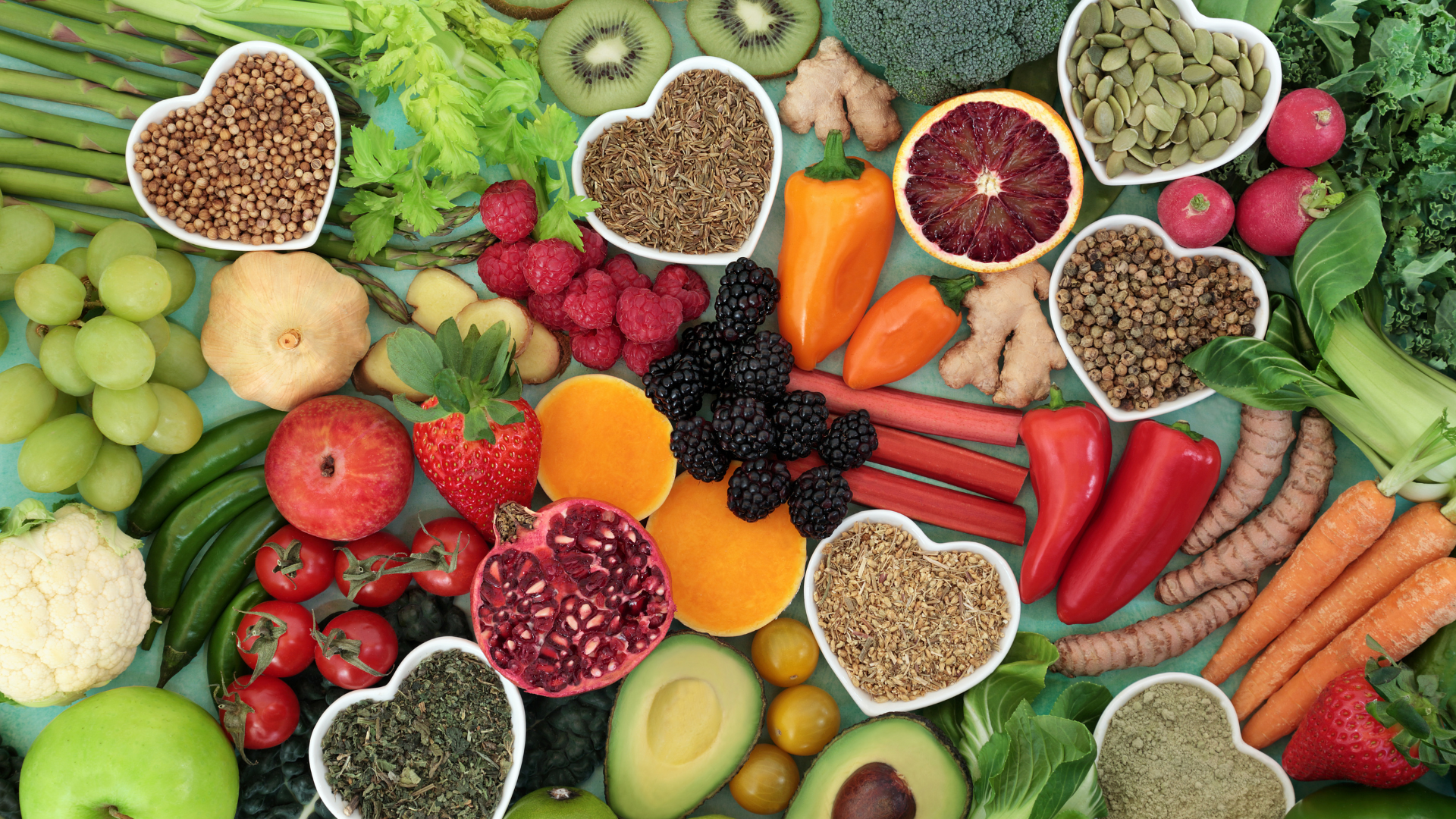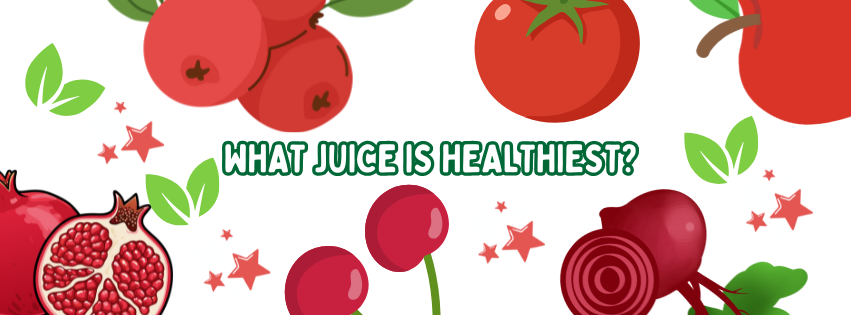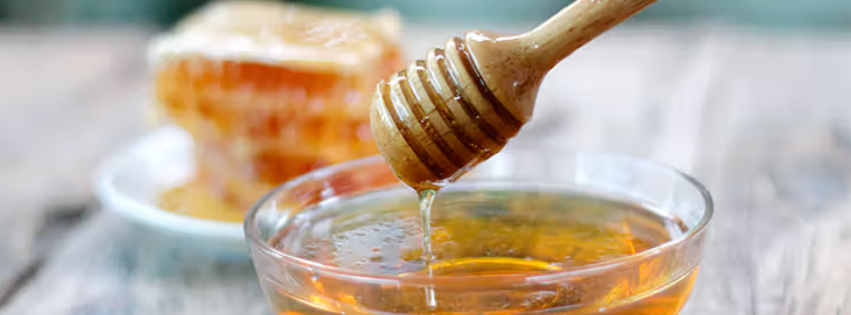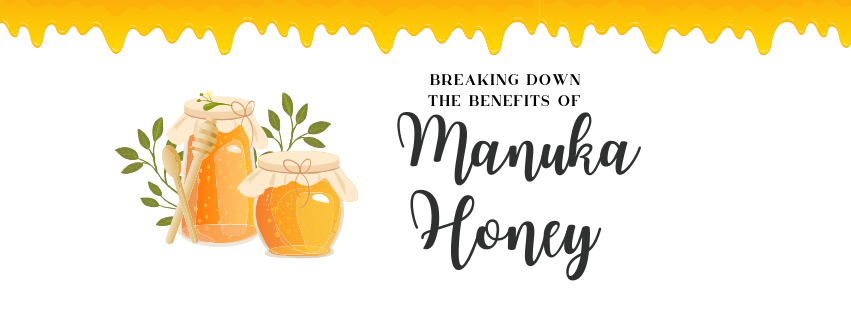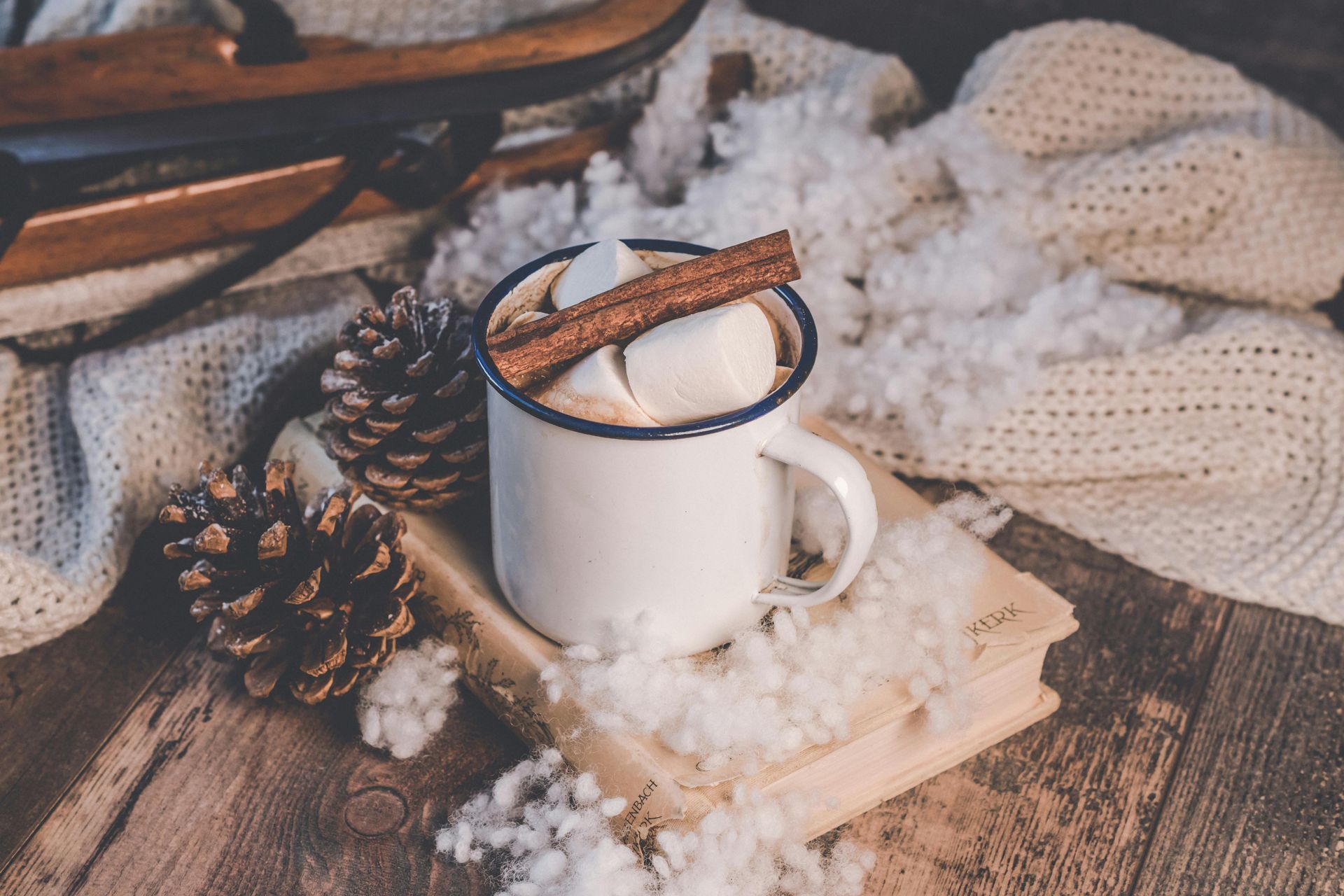July is National Independent Retailer Month.
Keep Your Dollars Local
When you choose to shop at a local independent retailer, the majority of your money is staying local.
A 2023 study from the Canadian Federation of Independent Business found that, in Ontario, when a consumer makes a purchase from a small business, 70 cents is recirculated in the local economy.
The average across Canada is 66 cents. By comparison, multinational (non-independent) businesses with physical locations in Canada recirculate only 11 centre of every dollar into local economies, and only 8 cents stay local when Canadians but from online giants.
How is the money recirculated locally? Lots of ways! The largest share of each dollar often goes towards purchasing goods from other local independent businesses based in that province or country. At Jo Anne's Place, the majority of the products that fill our shelves are Canadian-made, with many of them being Ontario-made! A significant share also goes towards labour costs (wages, salaries) paid to employees. The remaining amounts are often allocated to giving back through charitable donations and community events - which we will discuss further below.
Giving Back to the Community
When it comes to small independent retailers,
97% give back to their communities by donating to local charities, holding community events, organization donations to food banks, sponsoring local teams, participating in fundraisers, and more.
The average small business allocated only 6% of their revenues to owner compensation and reserves another 3% for charitable donations (CFIB, 2023). That means that, generally, a small business's charitable contributions equal half of the profits reserved for the owners!
Why do small independent businesses give back so much?
Small Canadian retailers are very committed to giving back. It is reflected in their values and reinforces their passion for nurturing their communities, both financially and socially. Whether through financial or non-financial contributions, like donating goods and services, small businesses actively support local residents and their wellbeing.
At Jo Anne's Place, we are very passionate about giving back to our local communities. Our owners Paul & Margo Hudson, created
Margo's Little Free Pantry to address food insecurity in Peterborough. It is a free pantry where those in need can access nonperishable foods, and anyone can donate! Margo also frequently works with Brock Mission.
Organizations we are proud to support:
- A Place Called Home
- YES Youth Emergency Shelter
- PTBO Personal Care Banks
- Habitat for Humanity
- Kawartha Food Share
- Kawartha Land Trust
- One City Peterborough
Job Creation
Small independent businesses employ over
10.7 million people in Canada - which is almost two thirds (63%) of the Canadian workforce! They also create up to 150,000 jobs yearly. It is clear to see how small businesses are integral in employing Canadians and play an important role in driving the economy.
A Higher Level of Care
90% of customers are more likely to make a purchase when helped by a knowledgable salesperson. Small independent businesses generally have better customer service, more time to spend with customers, and more passion about the products and services they offer.
At Jo Anne's Place, we pride ourselves on our higher level of care and amazing staff members. Our staff are passionate about wellness and have the best interests of our customers at heart. They love nothing more than helping people, and always grateful when kinds reviews, feedback, and success stories are shared with them. Our staff are very knowledgable and educated about wellness, constantly learning about new wellness developments, attending brand and product trainings, partaking in webinars.
Product Diversity
Small businesses are innovative and diverse. We carry products that are fresh, new, and different. An independent retailer will generally provide unique products that are unable to be found at larger retailers. Because we source most of our products locally (either within Canada or Ontario), many of them come from other independent retailers whose products are high quality and inventive. Additionally, we love carrying organic seasonal produce, dairy products, and meats from local farms like Circle Organic, Blueberry Hill Farms, Crosswind Farm, Merrylnd Organics Farm, and more!
Good Vibes All Around
9 in 10 consumers love having small independent businesses in their community and think they are important to the community's future.
94% of people also say shopping at a small business makes them feel good! Most Canadians agree that independent businesses stand out because of their superior level of care and value that goes beyond any one transaction.
However, the high praise for small businesses is not reflected in Canadians' shopping habits.
87% of people indicate they do more of their shopping at large retail businesses (in-store and online), while just 13% shop more at small independent businesses.
This month, and going forward, we encourage you to make a bigger effort to support your local independent retailers. Support comes in many forms. For example, is there is something you are currently purchasing on Amazon that you could instead buy from a local business? A local business posted a social media post you found interesting? Share it! Had a good experience at a local business? Leave them a kind review! These small actions mean the world to local business owners and staff <3
You MATTER To Us
95% of small retailers in Canada wish consumers understood the community value of shopping small. Small independent business owners are hardworking, passionate people who have dedicated years of their lives to their businesses. Often, they are local to the communities their businesses operate in and their care for them therefore runs deep.
In 1976, Jo Anne Fallaise founded Jo Anne's Place after seeing the need for health food and natural health products in her community and her own family. 48 years later, Jo Anne's daughter, Margo, and her husband, Paul, carry on her vision of inspiring wellness for generations to come!

